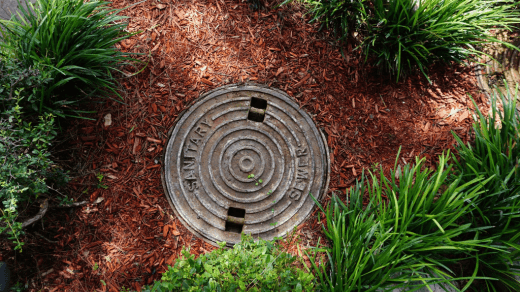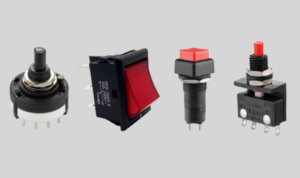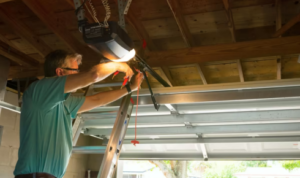
Las Vegas Grease Trap Cleaning, Lint Trap Cleaning, Grit Trap Cleaning, Grease Trap Clogs, Las Vegas Vacuum Trucks
When it comes to ensuring the smooth operation of a commercial kitchen, the maintenance of various components is crucial. Among these, the grease trap, lint trap, and grit trap are often overlooked but play a vital role in preventing blockages, ensuring hygiene, and adhering to health regulations. In Las Vegas, where the culinary scene is thriving, proper maintenance of these traps is paramount. In this article, we, as experts in the field, will delve into the world of Las Vegas Grease Trap Cleaning, Lint Trap Cleaning, Grit Trap Cleaning, and how to effectively deal with Grease Trap Clogs.
Understanding the Significance of Grease Trap Cleaning
The Role of Grease Traps
Grease traps, also known as grease interceptors or grease recovery devices, are essential in commercial kitchens and restaurants. These traps are designed to capture fats, oils, and grease (FOG) from wastewater before it enters the sewer system. By doing so, they prevent clogs in plumbing, reduce the risk of sewer overflows, and ensure compliance with local regulations.
The Importance of Regular Cleaning
Regular Las Vegas Grease Trap Cleaning is crucial for maintaining the efficiency of these traps. Over time, FOG accumulates in the trap, forming solidified layers that can lead to blockages. Neglecting proper maintenance can result in costly repairs, health code violations, and disruption of kitchen operations.
Comprehensive Lint Trap Cleaning
What Are Lint Traps?
Lint traps are commonly found in laundromats, hotels, and other establishments that use industrial washing machines. These traps capture lint, debris, and other particles from the laundry wastewater, preventing them from clogging drains and causing plumbing issues.
The Process of Lint Trap Cleaning
Las Vegas Lint Trap Cleaning involves a systematic approach. First, the lint trap must be removed and cleaned thoroughly. This includes removing any trapped lint, debris, or foreign objects. A regular cleaning schedule ensures the trap functions optimally, avoiding potential disruptions to laundry services.
Grit Trap Cleaning: A Necessity for Efficient Wastewater Management
The Role of Grit Traps
In the world of wastewater management, grit traps are unsung heroes. They are responsible for capturing heavy particles like sand, gravel, and other solid materials that settle in wastewater. By removing these particles, grit traps prevent damage to downstream equipment and ensure the proper functioning of treatment facilities.
Proper Grit Trap Cleaning Techniques
Efficient Las Vegas Grit Trap Cleaning involves the removal of accumulated grit and sediment. This process requires specialized equipment and expertise. Regular maintenance is essential to prevent grit from settling in the trap and causing operational problems.
Dealing with Grease Trap Clogs: A Timely Solution
Identifying Grease Trap Clogs
Despite regular cleaning, grease traps can occasionally experience clogs. Signs of a clogged grease trap include slow drainage, foul odors, and backups in sinks or drains. When these symptoms arise, immediate action is necessary to prevent further complications.
Professional Grease Trap Clog Removal
In Las Vegas, dealing with Grease Trap Clogs is a job best left to professionals. Expert technicians can diagnose the issue, employ specialized tools, and effectively remove clogs without causing damage to the trap. Regular maintenance and prompt clog removal are the keys to uninterrupted kitchen operations.
Conclusion
In the bustling culinary landscape of Las Vegas, proper maintenance of grease traps, lint traps, and grit traps is essential for ensuring smooth kitchen operations, adhering to health regulations, and avoiding costly repairs. Las Vegas Grease Trap Cleaning, Lint Trap Cleaning, Grit Trap Cleaning, and effective Grease Trap Clog removal are vital components of this maintenance process.
By understanding the significance of these services and the role they play in maintaining a sanitary and efficient kitchen, restaurant owners and kitchen managers can ensure the longevity of their equipment and the uninterrupted flow of their culinary creations.
Remember, prevention is key when it comes to traps, and regular maintenance by professionals is the best way to keep your kitchen running smoothly. Don’t let grease, lint, or grit cause unnecessary disruptions—stay proactive and ensure your traps are in optimal condition.








